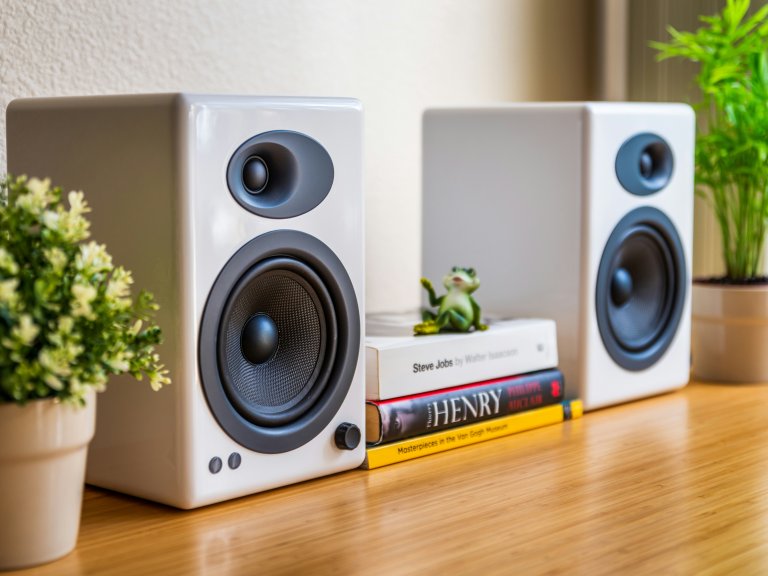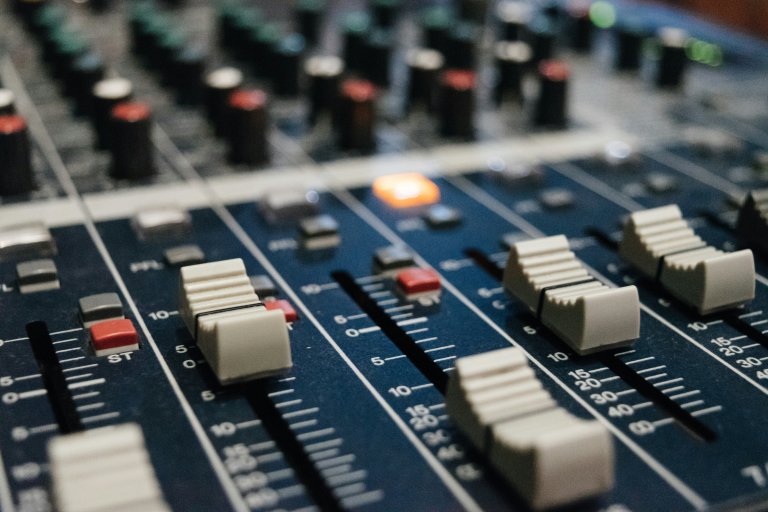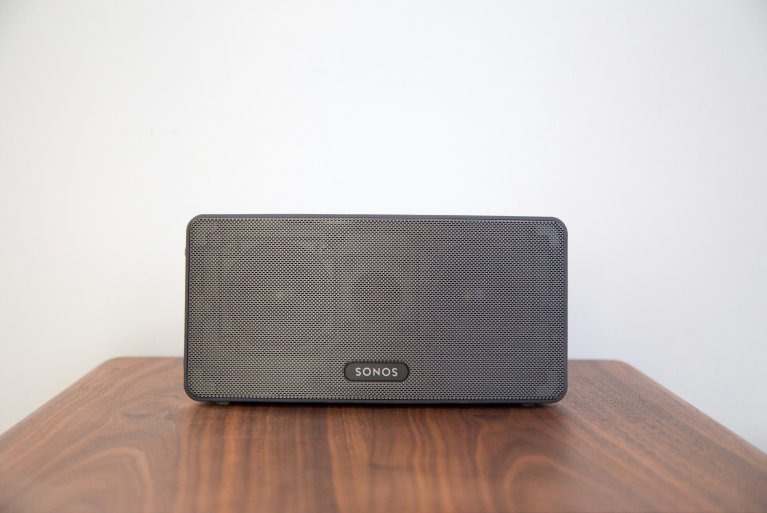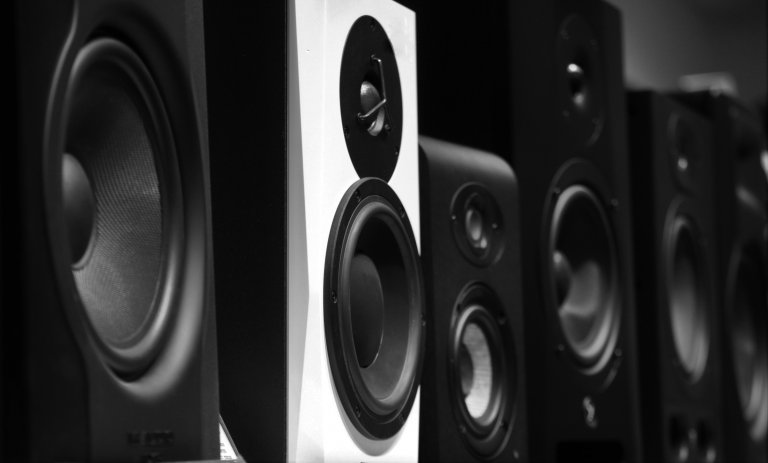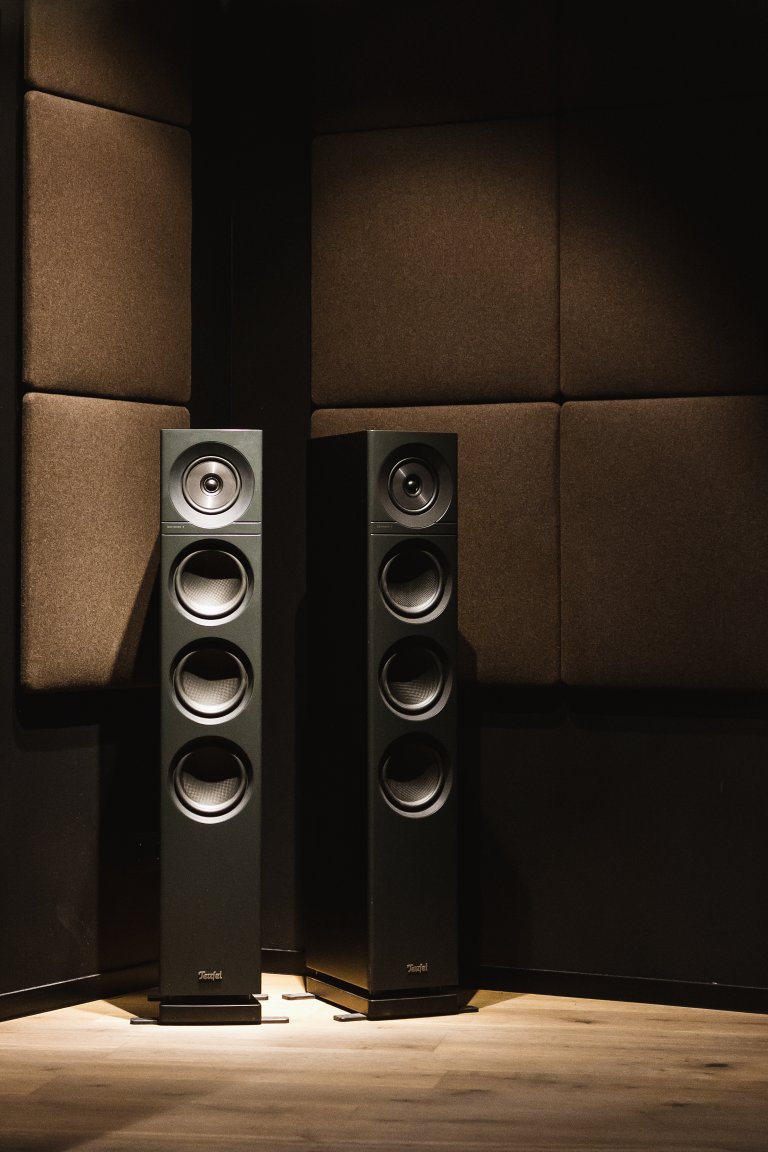What Makes Your Speakers Indispensable?
Speakers have become an essential part of our daily lives. Whether it’s for entertainment, communication, or information, we rely on speakers to deliver sound in various forms. But what exactly makes speakers indispensable? In this article, we will explore the key factors that contribute to the indispensability of speakers.
High-Quality Sound
The most obvious reason why speakers are indispensable is their ability to produce high-quality sound. Whether we’re listening to music, watching a movie, or having a conference call, the quality of sound greatly affects our overall experience.
With advancements in technology, speakers have become more sophisticated, providing clearer and more accurate sound reproduction. From booming bass to crisp highs, speakers are designed to deliver a full range of sounds, thus elevating our listening experience.
Various Applications
Another factor that makes speakers indispensable is their versatility in terms of applications. Speakers are not limited to a specific device or function. They can be integrated into a wide range of devices, including televisions, laptops, smartphones, home theater systems, and even cars.
Moreover, speakers are used for various purposes, such as entertainment, communication, education, and public announcements. For instance, we use speakers to watch movies, make calls, attend online classes, and listen to music. This versatility makes speakers an indispensable part of our daily lives.
Convenience
Gone are the days when speakers were large and bulky, making it cumbersome to move them around. Nowadays, speakers come in all shapes and sizes, and some are even portable, making them incredibly convenient to use.
For instance, portable speakers are perfect for outdoor activities like picnics and parties. They can easily be connected to a smartphone or tablet and provide a high-quality sound experience anywhere you go. In addition to portability, speakers are also hassle-free to set up, whether it’s through Bluetooth, Wi-Fi, or auxiliary cords. The convenience of speakers adds to their indispensability in our daily lives.
Improved Accessibility
Speakers have also greatly improved accessibility to information and communication. With the rise of podcasts, audiobooks, and voice assistants, speakers have become important tools for accessing information in a more convenient and engaging manner.
Voice assistants like Amazon Alexa and Google Assistant have become popular in many homes, allowing us to play music, get weather updates, and even control other smart devices through voice commands. This hands-free accessibility has made speakers an integral part of our homes and daily routines.
Enhanced Personalization
A notable aspect that makes speakers indispensable is the enhanced personalization they offer. With features such as equalizers, presets, and custom settings, speakers can be tailored to individual preferences. This allows for a more personalized listening experience, whether it’s for music, movies, or video games.
Moreover, some speakers also come with smart features that adapt to our listening habits and preferences. These features ensure optimal sound quality and enhance our listening pleasure, making speakers indispensable in our lives.
Stress Relief
Finally, speakers also provide a means of stress relief and relaxation. Music is known to have a calming effect on the mind, and speakers allow us to enjoy music to its fullest potential. Whether it’s blasting our favorite tunes while driving or using soothing sounds to meditate, speakers can greatly contribute to our mental well-being.
In addition, speakers can also be used for white noise, which can help mask other distracting noises and improve our focus. The ability to relieve stress and promote relaxation makes speakers an important part of our well-being and health.
In Conclusion
In conclusion, speakers are indispensable because of their ability to produce high-quality sound, their versatility in applications, and their convenience. They have greatly improved accessibility to information and communication, enhanced personalization, and can even contribute to our mental well-being. As technology continues to evolve, we can expect speakers to become even more indispensable in our daily lives. Therefore, it’s safe to say that no matter how advanced technology may become, speakers will always hold a special place in our hearts and homes.
